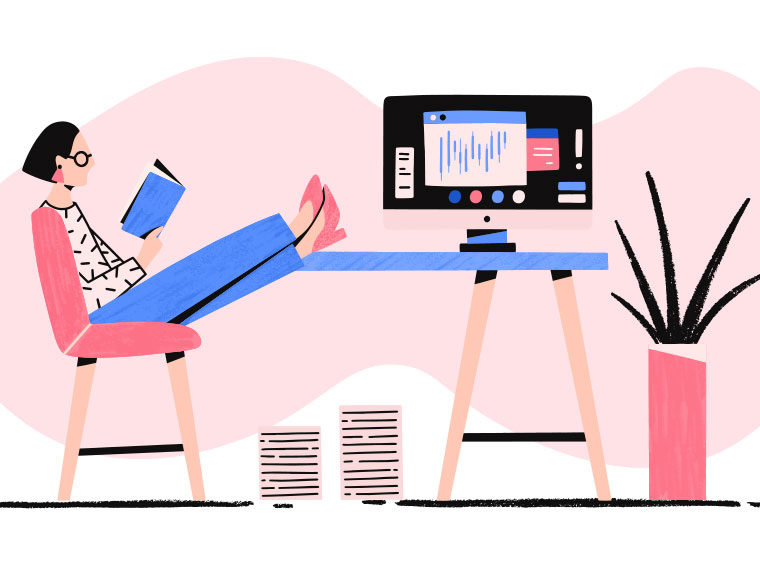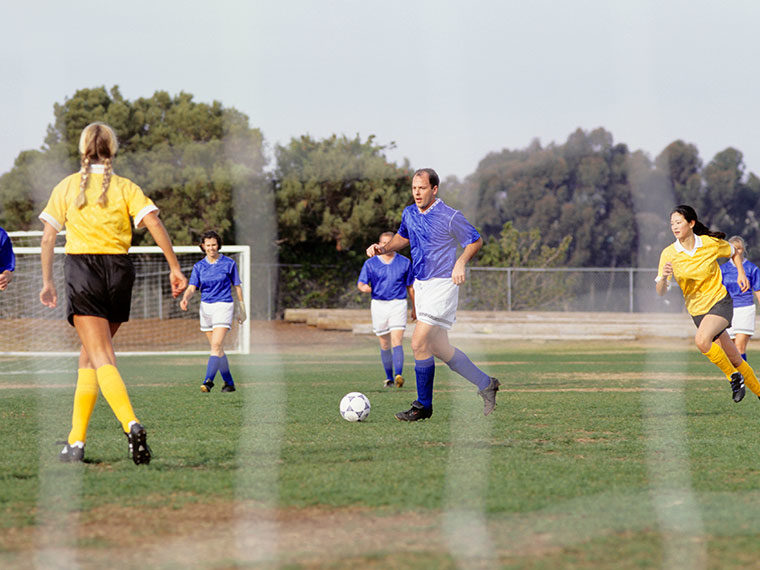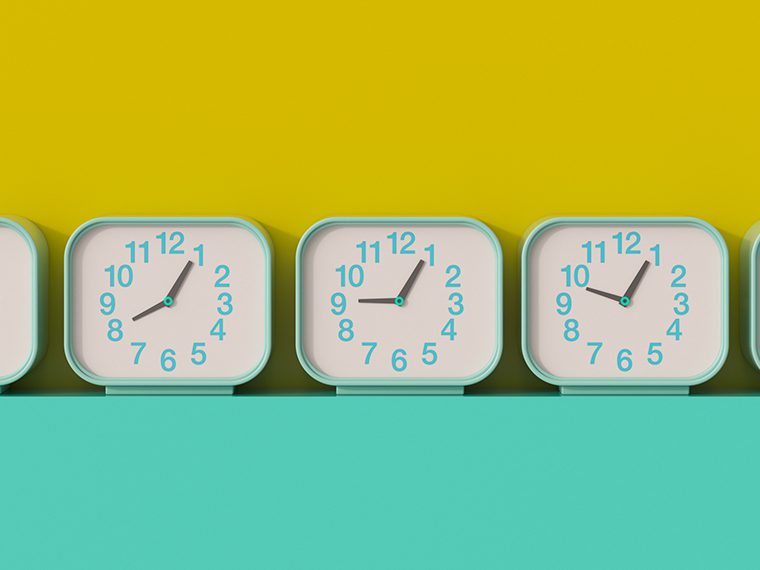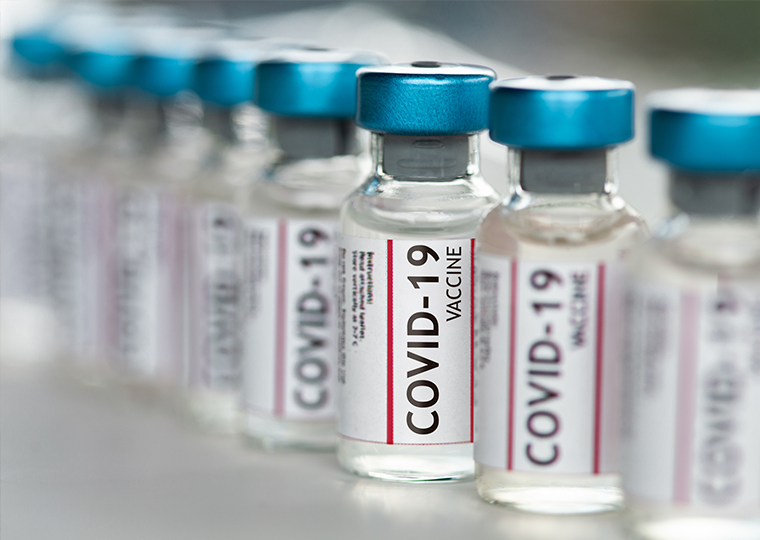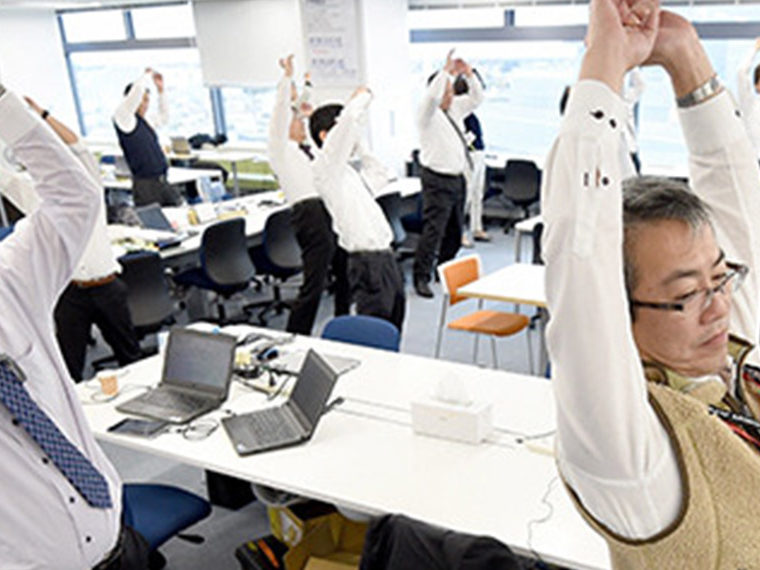Even abundant free time, used in meaningful pursuits, brings happiness
The authors of a large study on the relationship between free time and happiness note, at the beginning of a paper published in Journal of Personality and Social Psychology, some 35,000 books listed on Amazon “aiming to improve time management.”
The paper, by University of Pennsylvania’s Marissa Sharif and UCLA Anderson’s Cassie Mogilner Holmes and Hal Hershfield, certainly deals with the time-pressed among us. In short, those with fewer than two hours of free time a day feel stressed and, if possible, ought to think about rearranging their schedules to get those two hours, or a little more, to improve their sense of well-being.

As you can see from the above chart, however, well-being does not increase with free time beyond two hours daily and in fact starts to fall off after about five hours.
The Drawbacks of Too Much Free Time
It’s to those upper reaches of free time — unwelcome, maybe, to the newly unemployed; long-sought but perhaps disorienting to the newly retired — that the authors apply some unusual analysis and arrive at a pleasing conclusion: The falloff in happiness among those who have lots of free time is associated with solitude and with less-than-meaningful use of those hours.
When people socialize or do things they regard as productive, an abundance of free time isn’t a drag. Even seven hours a day.
Overall, Sharif, Holmes and Hershfield analyze data from the government’s ongoing American Time Use Survey on some 35,000 people and then engage thousands more subjects recruited on Amazon Mechanical Turk in two separate experiments.
The ATUS survey records highly detailed data on how people spend their time. But to categorize 94 discretionary activities from ATUS as social or solo, active or passive, productive or nonproductive, the researchers employed the Mechanical Turk subjects, feeding each one a random subset of 31 activities to avoid fatigue. The overlap between active and productive was so large that the two categories were combined.
- Activities deemed social included time socializing and communicating with others and playing sports with household children.
- Productive activities included working out, hobbies, participating in sports, and personal or private activities (i.e., “making out, having sex”), the authors explain.
“Using these classifications, we calculated the amount of time each participant in the American Time Use Survey spent on discretionary activities that were social (versus solo) and productive (versus nonproductive) that day,” the authors note.
How People Spend Their Affects Well-Being
“How people spend their time does affect the relationship between the amount of discretionary time people have and their subjective well-being,” they report. “While an abundance of discretionary time spent on solo and nonproductive activities did produce a negative effect on subjective well-being, discretionary time spent on activities that were social or productive did not.”
To back up the ATUS analysis, two rounds of Mechanical Turk subjects were asked to imagine circumstances around free time.
In one experiment, more than 2,500 participants were asked to imagine that for a six-month period they would consistently have a specific amount of daily free time. Participants were assigned a free-time budget of either 15 minutes, 3.5 hours or 7 hours.
Following prompts to vividly imagine how that amount of free time would play out in their lives, participants reported, on a scale of 1 to 7, the extent to which they thought their allotted free time would engender a sense of enjoyment, happiness and satisfaction. Using the same seven-point scale, participants also weighed in on how stressed and exhausted they imagined they might feel and their sense of how productive and purposeful their days might be.
Participants in the sweet spot of 3.5 hours of free time reported higher levels of happiness and lower levels of stress than participants with either too little (15 minutes) or too much (7 hours) daily free time.
Those with too-little free time reported higher stress. And the 7-hour group noted a lower sense of productivity.
In a second experiment, more than 4,000 participants were told they would have either 3.5 hours or 7 hours of daily free time, which the researchers spelled out as being “time spent on activities that are pleasurable or meaningful to you.”
Participants were then guided to imagine that their use of their free time would be productive or nonproductive. Productive was boiled down to feeling like you didn’t waste your time: “This use of time would feel useful, accomplished, fulfilling, helpful, purposeful or worthwhile.”

As seen above, being productive daily — whether for 3.5 hours or 7 hours — felt better than being nonproductive.
For the time-pressed — those for whom these calculations may seem irrelevant, at least under their current schedule — so stressed and busy they’re tempted to chuck it all, the authors offer this caution: “The answer is not to quit all obligations. Our findings suggest that ending up with entire days free to fill at one’s discretion may leave one similarly unhappy.”
Featured Faculty
-
Cassie Mogilner Holmes
Professor of Marketing and Behavioral Decision Making; Donnalisa ’86 and Bill Barnum Endowed Term Chair in Management
-
Hal Hershfield
Professor of Marketing and Behavioral Decision Making
About the Research
Sharif, M., Mogilner, C., Hershfield, H.E. (2021). Having Too Little or Too Much Time is Linked to Lower Subjective Well-Being. Journal of Personality and Social Psychology. https://doi.org/10.1037/pspp0000391

